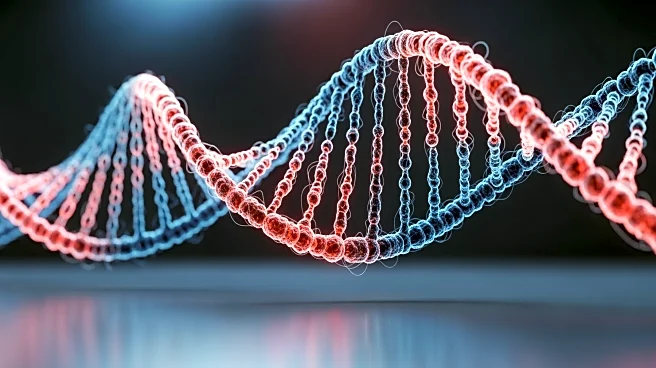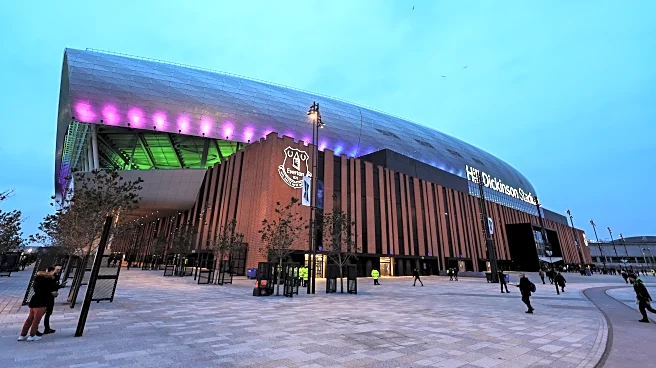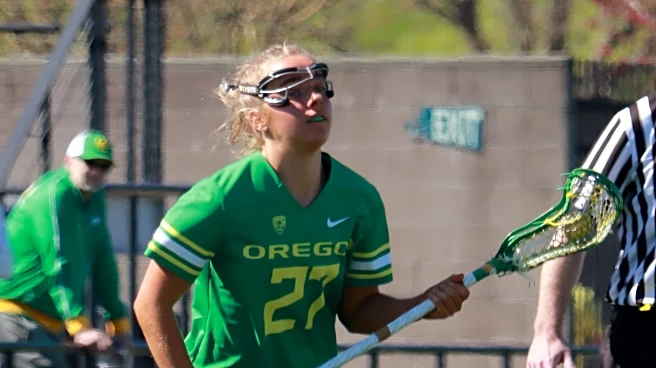What's Happening?
Recent research has identified the long noncoding RNA LncBAR as a key regulator in cardiomyocyte proliferation and cardiac repair. LncBAR enhances the BRG1 protein, which is crucial for cell cycle progression
in cardiomyocytes. Studies show that LncBAR expression increases following myocardial infarction, suggesting its role in heart regeneration. Experiments demonstrate that LncBAR overexpression leads to increased cardiomyocyte proliferation and improved cardiac function post-injury, while its depletion inhibits these processes.
Why It's Important?
Cardiovascular diseases remain a leading cause of mortality, and effective regenerative therapies are limited. The discovery of LncBAR's role in promoting heart repair offers a promising avenue for developing new treatments that could enhance cardiac regeneration and improve outcomes for patients with heart disease. This research could lead to innovative therapies that harness the body's natural repair mechanisms, potentially transforming the treatment landscape for heart conditions.
What's Next?
Further research is needed to explore the therapeutic potential of LncBAR in human cardiac regeneration. Clinical trials could be initiated to test LncBAR-based therapies in patients with heart disease. The findings may also stimulate interest in the broader application of noncoding RNAs in regenerative medicine, potentially leading to breakthroughs in other areas of tissue repair.












